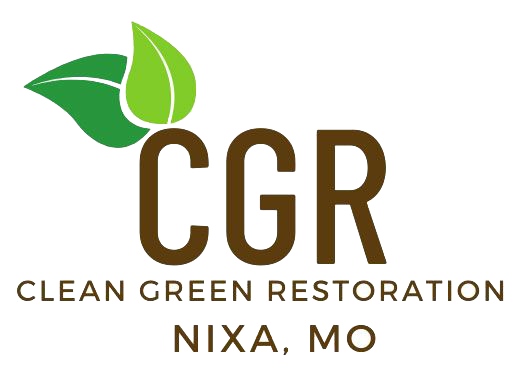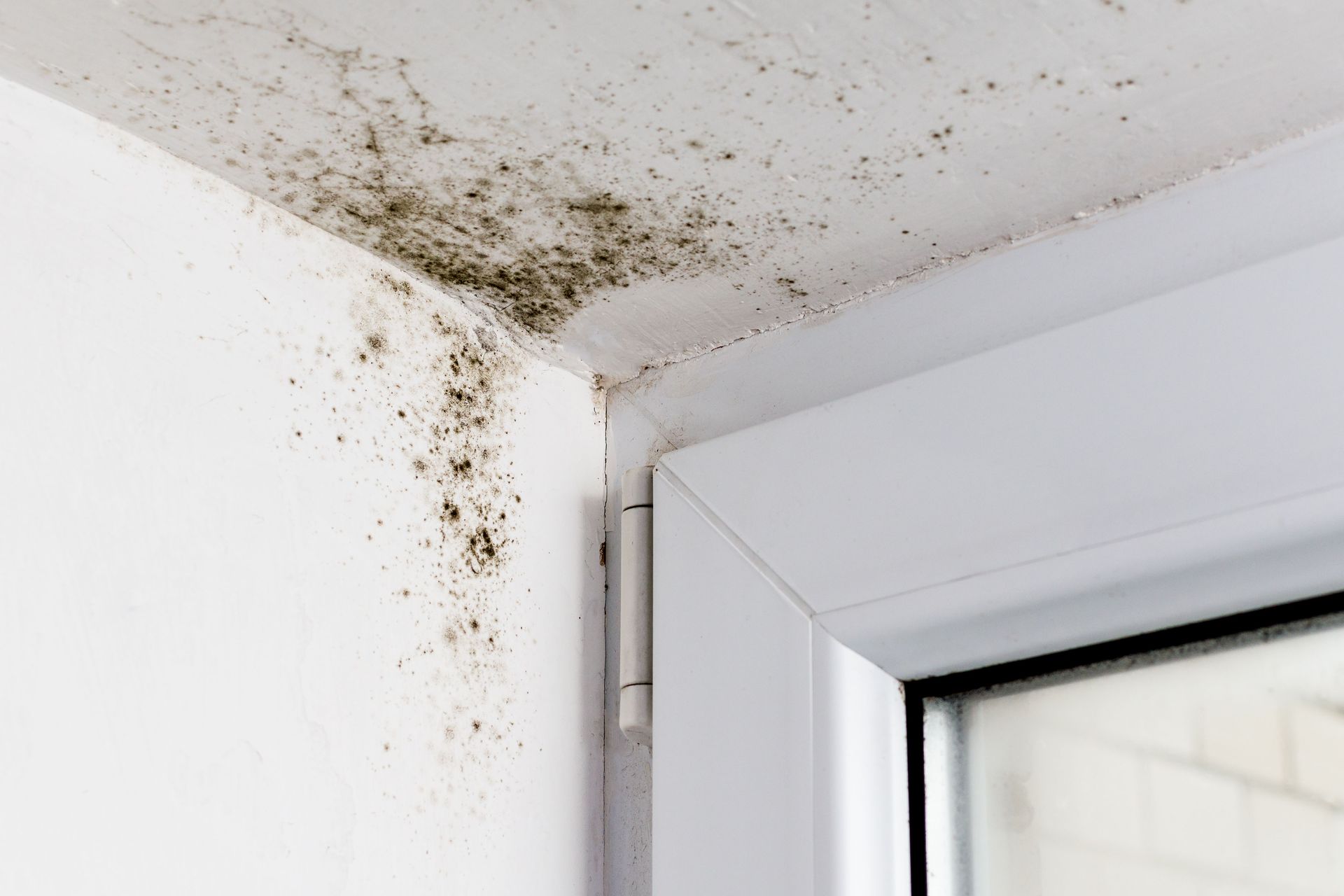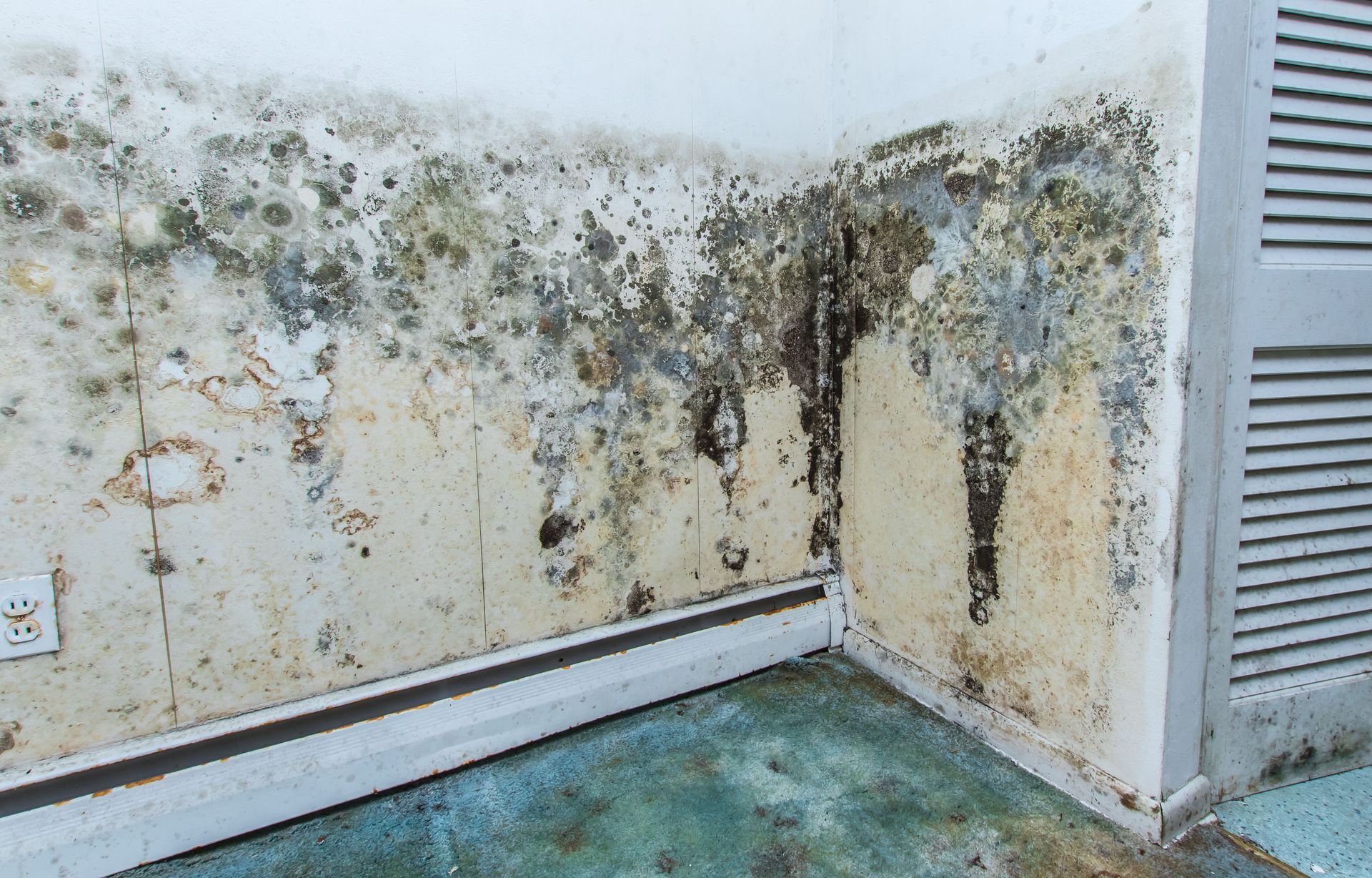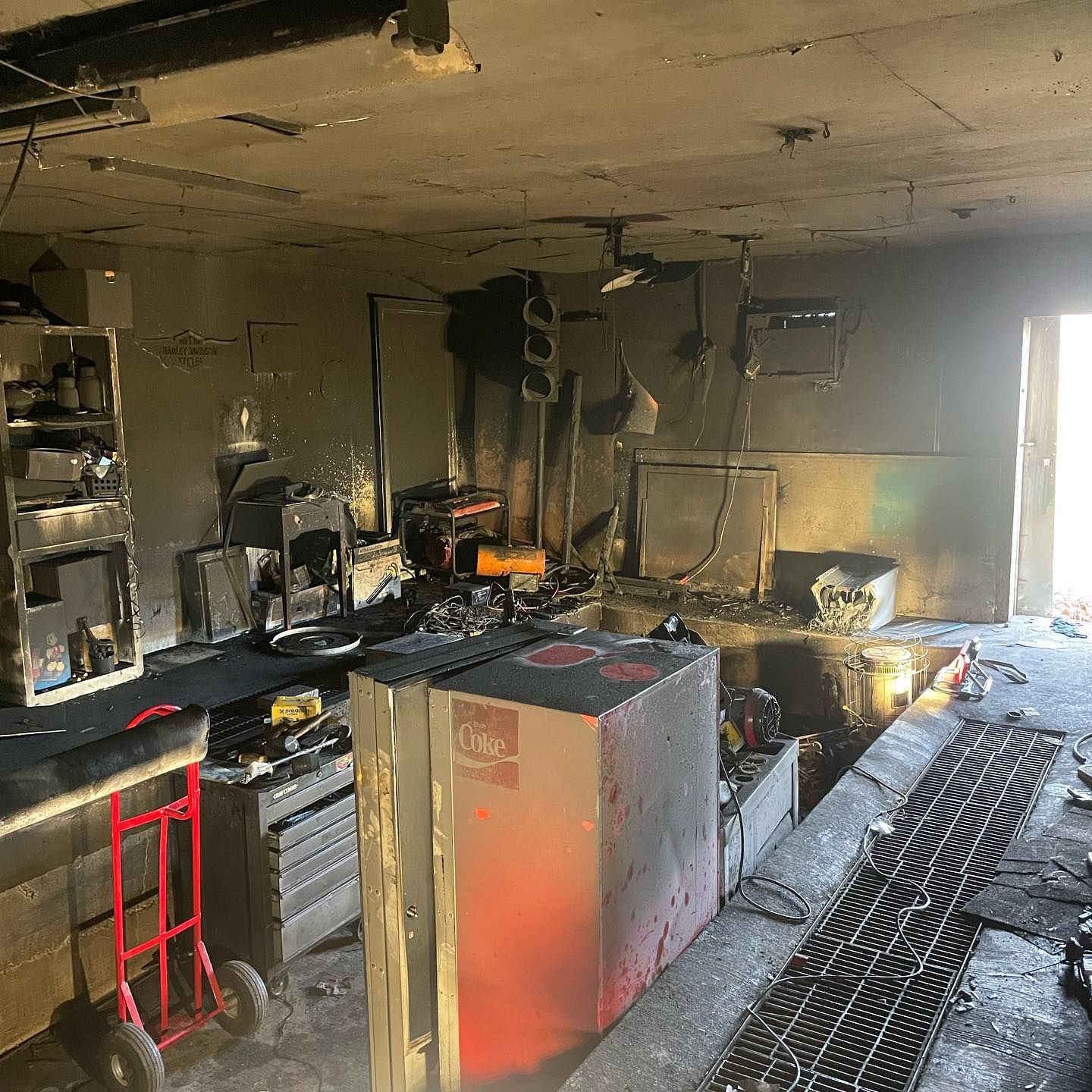Consumer Awareness: Choosing Qualified Service Providers and Understanding Insurance Rights
June 29, 2025
June 29, 2025
Understanding Your Home Insurance Rights.
Consum er Awareness: Choosing Qualified
Service Providers and Understanding
Insurance Rights
A Guide to Making Informed Decisions During Property Damage Emergencies When disaster strikes your home—whether it's water damage from a burst pipe, fire damage, or mold issues—you're faced with urgent decisions that can impact both your property's restoration and your financial well-being. One of the most critical decisions you'll make is choosing the right service provider. Unfortunately, many homeowners don't realize they have rights when it comes to selecting restoration companies, especially when dealing with insurance claims.The Reality: You Have the Right to Choose
Here's a fundamental truth that many consumers don't know: Your insurance company cannot dictate which restoration company you use. This is your choice, and it's protected by law in most states. Recently, we witnessed this exact scenario play out with a homeowner in Southwest Missouri. After discovering significant water damage in their vacant home—flooding that had affected the master bedroom, basement office, and caused ceiling collapse—they contacted Clean Green Restoration for emergency services. The initial conversation went smoothly, with our team ready to provide immediate assessment and mitigation services. However, the story took a familiar turn. The homeowner called back to cancel, explaining: "My husband ended up talking to our insurance gal and anyway they basically told us that if we're gonna go through them we need to use some other guy or company or something. So anyway we're just trying to cooperate with them so we can hopefully do that." This scenario plays out thousands of times across the country every day, and it highlights a critical gap in consumer awareness.What Insurance Companies Can and Cannot
Do
What They CAN Do:
∙ Recommend preferred vendors from their network ∙ Provide a list of contractors they frequently work with ∙ Explain their claims process and documentation requirements ∙ Set coverage limits based on your policy terms ∙ Require proper documentation of damages and repairsWhat They CANNOT Do:
∙ Force you to use a specific contractor or restoration company ∙ Deny your claim simply because you chose a different provider ∙ Refuse to pay valid claims based on contractor selection ∙ Intimidate you into using their preferred vendors ∙ Make contractor selection a condition of claim approval Why Insurance Companies Push Preferred VendorsUnderstanding the motivation behind insurance company recommendations helps consumers
make more informed decisions:
Volume Discounts
Insurance companies negotiate discounted rates with large, national restoration chains. While this saves the insurance company money, it doesn't necessarily mean better service for you.Streamlined Processes
Preferred vendors often have established relationships and streamlined billing processes with insurance companies, making claims processing more efficient for the insurer.Cost Control
Working with preferred vendors allows insurance companies to better predict and control claim costs across their portfolio.The Hidden Costs of "Preferred" Providers
While using an insurance company's preferred vendor might seem like the path of least resistance, there are potential drawbacks to consider:Limited Local Knowledge
Large national chains may lack the intimate knowledge of local conditions, building codes, and climate considerations that local companies possess.Volume-Based Operations
National companies often prioritize volume over personalized service, potentially leading to rushed jobs or less attention to detail.
Limited Availability
During major disasters, preferred vendors may be overwhelmed with claims, leading to longer
wait times for service.
One-Size-Fits-All Approach
Large companies may use standardized procedures that don't account for unique property characteristics or homeowner preferences.The Advantages of Choosing Local, Qualified Providers Specialized Expertise
Personalized Service
Smaller, local companies can provide more personalized attention to each project. When Miles McNeill, owner of Clean Green Restoration, personally handles estimates and project oversight, clients receive direct access to decision-makers.Community Investment
Local companies have a vested interest in their community's well-being and reputation. Their success depends on local referrals and repeat business.Faster Response Times
Local companies can often respond more quickly to emergencies because they're based in the community they serve.Red Flags: When Insurance Companies
Cross the Line
Be aware of these concerning behaviors from insurance representatives:
Pressure Tactics
∙Statements like "You have to use our contractor or we won't pay" Rushed decisions without time to research options ∙Threats about claim denial based on contractor choiceMisleading Information
∙Claims that using a different contractor will complicate your claim ∙Suggestions that non-preferred vendors aren't qualified ∙Statements that preferred vendors offer better warrantiesDocumentation Manipulation
∙Requiring excessive documentation from non-preferred vendors ∙Different standards for preferred vs. non-preferred contractors ∙Delayed claim processing for non-preferred vendor workHow to Protect Yourself and Make Informed
Decisions
The Value of Industry Expertise and
Insurance Knowledge
When choosing a restoration company, consider the value of working with professionals who understand both sides of the equation. Miles McNeill's background as a former insurance adjuster with American Family Insurance provides Clean Green Restoration clients with unique advantages:Insurance Process Understanding
Having worked as an adjuster, Miles understands exactly what insurance companies need for claims processing, ensuring proper documentation and communication.Fair Claim Advocacy
This dual expertise allows him to advocate effectively for clients while maintaining positive relationships with insurance companies.Realistic Expectations
Experience on both sides of the claims process helps set realistic expectations for timelines, coverage, and outcomes.Making the Right Choice for Your Situation
Questions to Ask Any Restoration Company:
1.What certifications do your technicians hold?
2.How quickly can you respond to emergencies?
3.Do you work directly with insurance companies?
4.Can you provide local references?
5.What is your process for damage assessment and documentation?
6.How do you handle unexpected discoveries during restoration?
7.What warranties do you provide on your work?
Red Flags to Avoid:
∙Door-to-door solicitation immediately after disasters
∙Requests for full payment upfront
∙Lack of proper licensing or insurance
∙Pressure to sign contracts immediately
∙Significantly lower bids without explanation
∙No local references or established business presence
The Eco-Friendly Consideration
∙Protect indoor air quality during and after restoration
∙Use environmentally safe cleaning products
∙Minimize waste through efficient processes
∙Consider long-term environmental impact of restoration choices
When Time is Critical: Emergency Response
Considerations Water damage, in particular, requires immediate attention to prevent secondary damage like mold growth. When evaluating restoration companies during an emergency:
Prioritize Immediate Response
Companies that can respond within hours, not days, should be given preference regardless of insurance recommendations.Mitigation vs. Restoration
Understand that immediate mitigation (stopping further damage) is different from full restoration and may be handled by different timelines and processes.Communication During Emergencies
Choose companies that provide clear communication about emergency procedures, expected timelines, and next steps.
Working Successfully with Insurance
Companies
Best Practices for Claim Success:
When to Consider Professional Help:
If you encounter significant resistance from your insurance company regarding contractor choice, consider: 1. Consulting with a public adjuster 2. Reviewing your policy with an attorney 3. Filing complaints with state insurance commissioners 4. Seeking mediation services The Long-Term PerspectiveRemember that restoration work isn't just about getting your property back to its original condition—it's about ensuring long-term stability, health, and value. Consider:
Quality of Workmanship Rushed or inadequate restoration can lead to ongoing problems like hidden moisture, incomplete mold remediation, or structural issues. Health Considerations Proper restoration techniques protect your family's health by ensuring complete removal of contaminants and prevention of future issues. Property Value Protection Quality restoration work protects and can even enhance your property's value, while poor work can have lasting negative impacts.
Conclusion: Your Property, Your Choice
1. Qualifications and certifications 2. Local expertise and reputation 3. Response time and availability 4. Communication and customer service 5. Fair pricing and transparent processes
Remember the homeowner's comment from our opening story: "We don't wanna pick these people that we don't have to". You don't have to accept anyone you're not comfortable with. Take the time to research your options, ask the right questions, and choose the restoration company that gives you confidence in both their technical expertise and their commitment to your satisfaction.
Your property deserves the best possible restoration, and you deserve the peace of mind that comes from making an informed choice. Don't let anyone—including your insurance company—pressure you into a decision you're not comfortable with. The right restoration company will work with your insurance company professionally while prioritizing your needs and satisfaction throughout the process.
Clean Green Restoration has been serving Southwest Missouri for over 20 years with IICRC-
certified technicians and eco-friendly restoration processes. Owner Miles McNeill's background
as a former insurance adjuster provides clients with unique insights into both restoration and
insurance processes. For emergency restoration services in the Springfield, Branson, and Nixa
areas, call (417) 202-0324.




